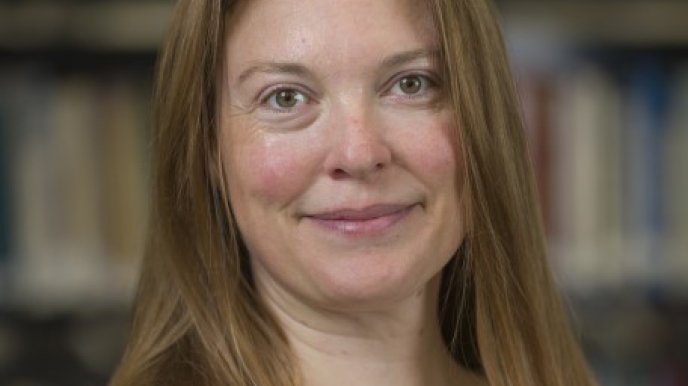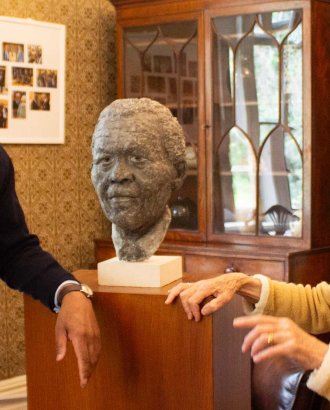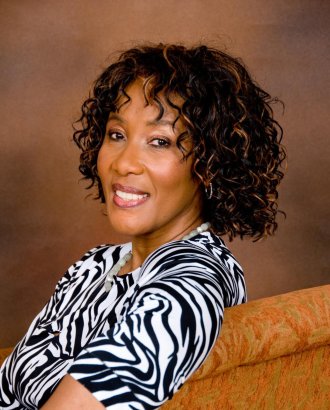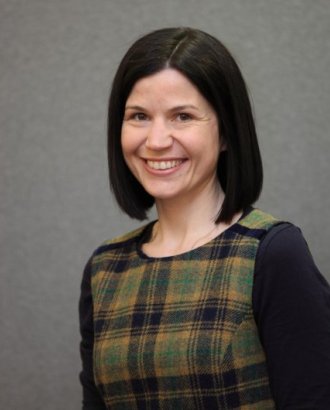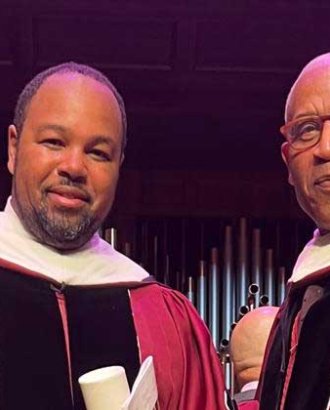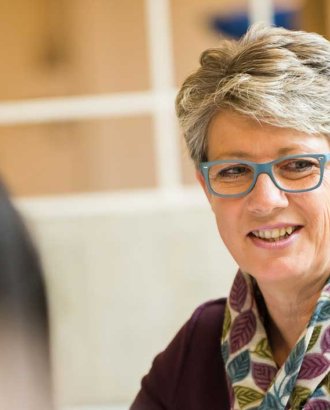Were the sciences well taught at your school?
When we lived in the UK I went to the local comprehensive, and the teaching was mixed. Some science teachers were inspirational and some were less so. Luckily my Biology teacher was brilliant. She was really clear and she had time and energy to spend with us.
What was it about science that first interested you, or was it always clear that that was the way your brain worked?
I enjoyed everything at school but I particularly liked subjects in which there was a definite answer. Like many people interested in biomedical sciences or medicine I was influenced by illness of close family and friends. My mother had two very different illnesses and was given a 50% chance of survival each time. I was aware from an early age how lucky I was that she survived and that I had a mother growing up. She's a biologist and she spoke about illness in such scientific terms that I thought perhaps one day I could help make those chances of survival greater than 50%, for others.
Did you ever feel discouraged from studying science because you were female?
Never - but I have felt guided towards certain areas of science, seemingly on the basis of my gender. I received official feedback telling me that I should not pursue ‘technological development’ from an committee that was over 90% male, when I had already done a lot of it successfully. I ignored them. Luckily, a lot has changed in the last decade.
Have you been the only woman in certain classes/departments, and has that ever been difficult?
I was the only girl studying my subject at my College so my supervision and practical partners were always male, as were almost all of my supervisors. I wasn’t very relaxed about that at first, but I quickly realised that one of my fellow students in particular was really fun and non-judgmental . His personality meant that I didn’t feel at all isolated - and after that gender seemed irrelevant. It certainly can be pressurising though to be the only female. I was lucky not to feel that.
What is your current research focus, and what do you find most rewarding about your area of specialism?
I’m a virologist - I try to understand the molecular details of how certain viruses replicate themselves. I’m particularly interested in how their RNA genomes are shaped, and how those shapes help to control the viral lifecycle. I work mainly on HIV-1 and to a lesser extent on dengue and SARS-CoV2. It’s rewarding because there is always the potential to discover something that will make a difference to peoples’ lives. It can be a bit exhausting too though, especially when a new COVID variant comes along.
How would you advise young women considering scientific careers?
Scientific careers are very varied. They’re intellectually stimulating and salaries are generally quite good. They can also give you the chance to develop entrepreneurial and managerial skills and to move and to travel internationally. You work with a varied group of enthusiasts and it's usually quite multicultural. The downside of academic science as a career can be the difficulty in establishing a permanent job rather than short term contracts, but as scientific skills are so important there are usually plenty of alternative career options such as working within the pharmaceutical industry.
